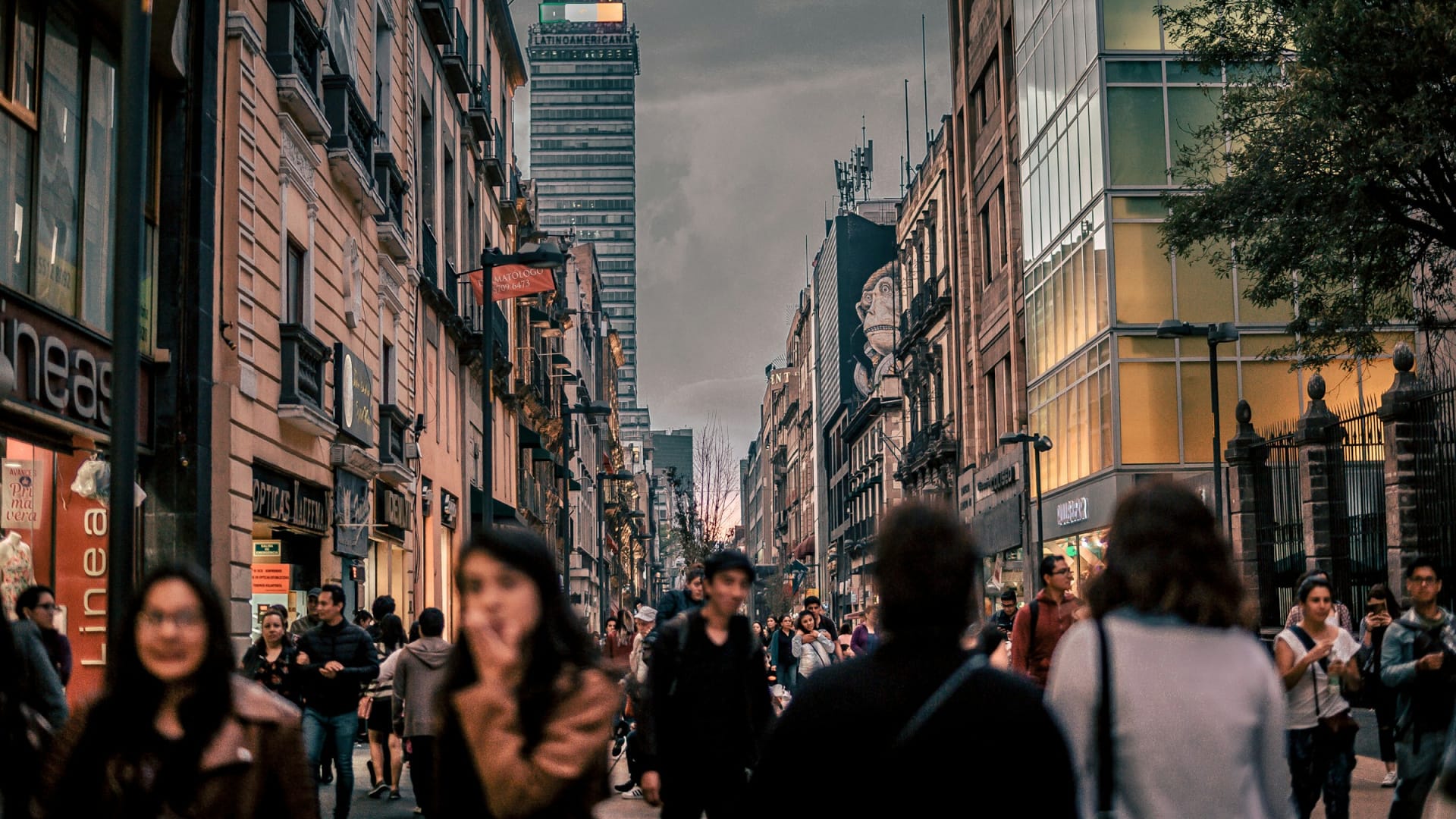Jun. 16, 2025 |
One step forward, one back. As protesters and law enforcement clashed in Los Angeles throughout the week, one of the most striking and defining images of the battle over immigration in the U.S. has been the Mexican flag. It’s become divisive: Many protesters carry it as a sign of support for Mexican immigrants; others, for other reasons—including, apparently, as a symbol that American citizens with roots in Mexico are Americans, too. Critics say it shows the pervasiveness of illegal immigrants in the city—and an unpatriotic, anti-American sentiment.
But meanwhile, Mexico itself just began an experiment that many are now saying could be a turning point for democracy in the country: On June 1, voters elected judges nationwide, as Mexico became the first country to choose all judges through popular elections. Half of all judicial offices were on the ballot in early June; the other half will be elected in 2027.
Former President Andrés Manuel López Obrador, known as AMLO, proposed the new system, saying that giving voters control over judges would root out corruption and elitism in the judiciary and help cut down on the widespread violence of the country’s drug cartels—and the culture of impunity reinforced by lax prosecution. The change, AMLO said, would also rein in the damage done by powerful foreign corporations: “The corrupt judges—are they going to continue defending foreign companies that come to loot, rob, and affect the economy of Mexicans?”
Yet critics call the popular election of judges a grave threat to the country’s democracy. Local and international business elites, bar associations, and democracy activists argue that elections would only serve to increase the power of AMLO’s political party, the Movement for National Regeneration, or Morena, which controls most state governments—and handled the decisions about which candidates appeared on ballots. Critics point out that the Supreme Court blocked many of AMLO’s constitutional reforms, and the elections give Morena a chance at a more favorable Court.
In the end, only 13 percent of the electorate cast ballots, and Morena’s preferred candidates seem to have won in many jurisdictions—including a majority on the Supreme Court.
What’s all this mean for democracy in Mexico?
—Michael Bluhm

